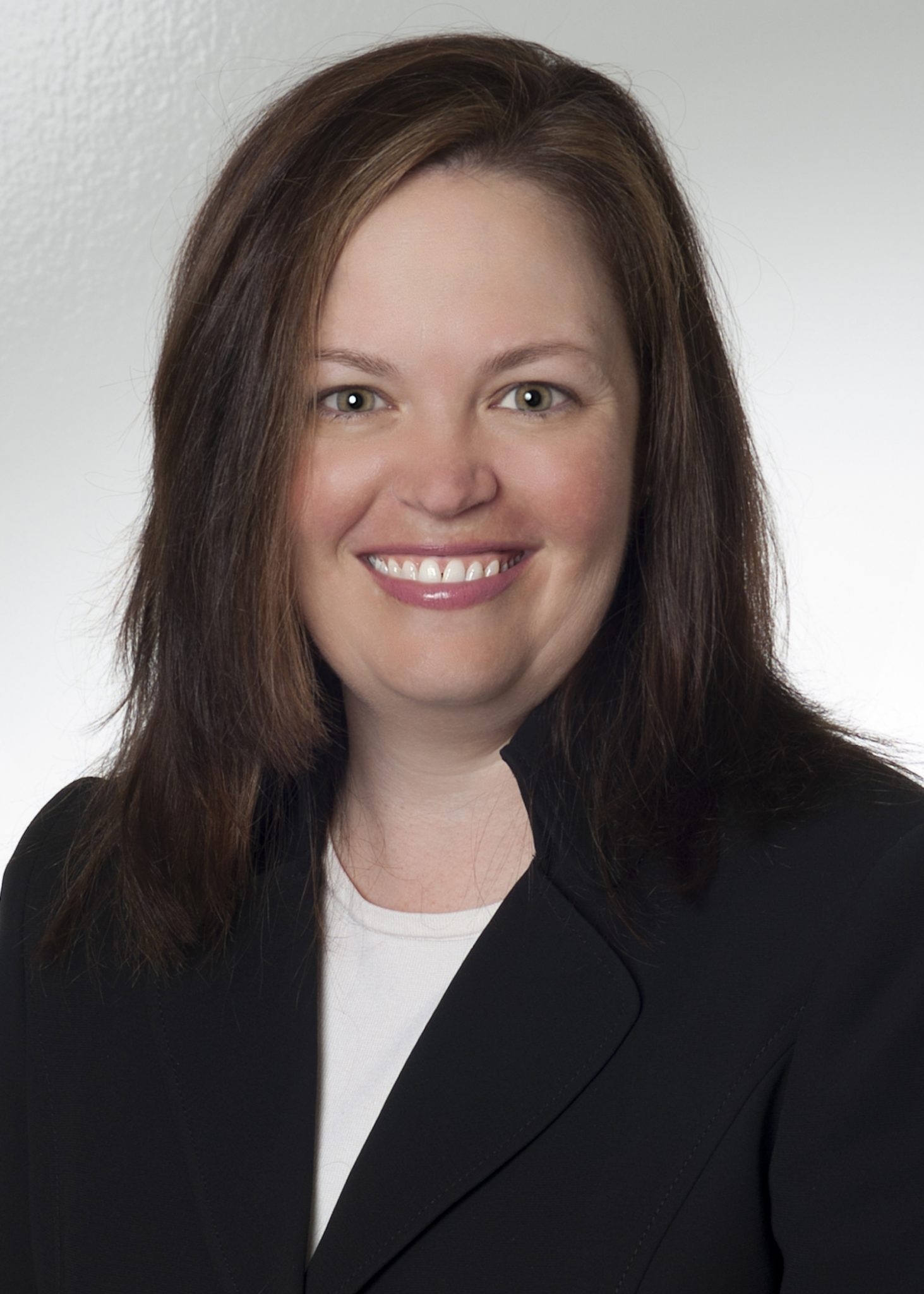If you are considering asking your company for a flexible work schedule, it’s important to approach it as you would any other business negotiation. Your reasons for asking for flex might be personal, but you’re not asking for a personal favor. You are asking for a modification to your schedule that would ultimately benefit everyone – you, the company, the clients, and future business relationships. Just like preparing for an important meeting, case or new business pitch, providing the rationale for a flexible work schedule takes research, strategic planning, and negotiation.
Read more
We talk frequently in this blog about the myriad benefits of having a flexible work policy. It can be a win-win situation when attorneys gain some work-life control, clients maintain team consistency, and firms reduce attrition and thereby retain top talent and reduce recruitment and training costs. Law firm recruiters have traditionally tried to entice female law school grads with promises of flex schedules and family-life balance. It has been an assumption that women want flexible work schedules mostly so they can maintain their career while also having and raising children.
Read more
Need more information, guidance or research on diversity and flexibility initiatives? If your firm is a member of the Diversity & Flexibility Alliance, you have access to a plethora of resources right at your fingertips! Our Member Resource Center, accessed through our website, has all current and past program summaries, research reports, newsletters, Action Steps, and more!
Access the Member Resource Center by clicking on the orange “Log In” button in the upper-right hand corner of our website. Once you enter your login information, the latest news is always featured on the homepage – check back for the latest Action Steps, Spotlights on Flex, research reports, and upcoming event information.
Here’s a quick run down of what you’ll find in the Member Resource Center: Read more
The Spotlight on Flex showcases professionals from member organizations who exemplify personal and professional success while working a flexible schedule. Their stories illustrate the long-term benefits that flexible schedules offer to both individuals and organizations.
This month, we are pleased to share insights from Marsha Rose Gillentine, Director in the Washington, DC office of Sterne, Kessler, Goldstein & Fox P.L.L.C.
 Diversity & Flexibility Alliance: How have you made flexibility a priority and a success through your schedule?
Diversity & Flexibility Alliance: How have you made flexibility a priority and a success through your schedule?
Marsha Rose Gillentine: I’ve always believed in personal “check-ins” and reevaluating goals through different points in my career. One of the most important times I did a check-in was while I was completing my Ph.D. in Chemistry at the University of North Carolina at Chapel Hill. I asked myself where I wanted to be and how was I going to get there – being a bench chemist was not consistent with those answers. So two weeks after defending my dissertation, I started at the George Mason University School of Law and became a student associate at Sterne Kessler in May 2002. That fall, I switched to the evening program and continued as a student associate at the firm throughout the academic year. I couldn’t turn down the opportunity for the fantastic work experience and the chance to work with such awesome people. Read more
The Alliance’s Action Steps are designed to assist organizations with implementing practical strategies and policies related to diversity and flexibility. Members can access full versions of all of the Alliance’s Action Steps in the Member Resource Center.
THE PATH FORWARD: THE ALLIANCE’S FLEX SUCCESS FRAMEWORK™
A successful flexible work program requires strong buy-in, thoughtful implementation, and regular monitoring. It also needs to be adaptable – evolving with the organization as the needs of its people and clients change. Whether your organization needs to create a flexibility program from scratch, expand its existing program, or pinpoint issues within the current program, the Alliance’s Flex Success Framework™ provides a five-step road map to achieve your organization’s objectives. Read on for details about each step…
Our recent annual conference included panel discussions with leaders from all sectors of the legal industry. One common theme that emerged throughout the day was that clients must help to drive diversity efforts in law firms. Speakers and panelists encouraged clients to “put their money where their mouths are” in demanding diverse teams and warned “if diversity is not a priority for the client, then it won’t be a priority for the firm.” Read more
 If you want to create an inclusive culture that leverages diversity and flexibility to retain top talent, you want Manar Morales on your team.
If you want to create an inclusive culture that leverages diversity and flexibility to retain top talent, you want Manar Morales on your team.
Not only is Manar the President & CEO of the Diversity & Flexibility Alliance, but she is also a national expert on flexibility and a long-time advocate of women in the legal profession. A former employment litigator and adjunct faculty member at Georgetown University Law School, Manar has spent the last 10 years helping countless firms and corporate legal departments implement flexible work policies, solve attorney retention challenges, promote inclusive work cultures, and integrate women into leadership positions. Never one to criticize a firm for its lack of advancement in these areas, Manar is a leader, a mentor, and a strategist who approaches every challenge with calm optimism, business acumen, and true insight into the paths to success.
Manar is also a frequent speaker on topics such as: workplace flexibility and work-life control; unconscious bias and interrupting bias; diversity and inclusion; women’s leadership and women’s initiatives; sponsorship and mentoring programs; and individual strategies for success including confidence, mindset, and grit. Over the last year, Manar has spoken at more than 20 conferences and events across the US and around the world.
The Spotlight on Flex showcases professionals from member organizations who exemplify personal and professional success while working a flexible schedule. Their stories illustrate the long-term benefits that flexible schedules offer to both individuals and organizations.
This month, we are pleased to share insights from Jami Mills Vibbert, Senior Associate in the New York office of Norton Rose Fulbright.
 Diversity & Flexibility Alliance: How have you made flexibility a priority and a success through your schedule?
Diversity & Flexibility Alliance: How have you made flexibility a priority and a success through your schedule?
Jami Mills Vibbert: After clerking for a federal judge in New Orleans post law school, I started as an associate at the firm (which was then Fulbright & Jaworski LLP) in the New York City office. We lived in New York for two years, and then my husband, a doctor, received a job offer in Philadelphia. I wanted to stay with the firm, but there was no office in Philadelphia. I spoke with Linda Addison (now Managing Partner of Norton Rose Fulbright US), who was at the time the NY office Partner in Charge, and explained my situation. Without hesitation, she made it clear the firm didn’t want to lose me and would work with me to find a suitable arrangement.
That was six years ago. Ever since then, I commute daily from Philadelphia to New York. I’m still on a 100 percent, full time schedule, however, I’m physically in the office from 10 – 5, four days a week. Three hours of those four days are spent on the train, and I formally telecommute one day a week. While some of my colleagues may perceive that I work less hours, that’s not the reality. I just work differently and still bill the same hours as they do. Read more
The Alliance’s Action Steps are designed to assist organizations with implementing practical strategies and policies related to diversity and flexibility. Members can access full versions of all of the Alliance’s Action Steps in the Member Resource Center.
REDUCING BIAS IN EVALUATIONS:
ACTION STEPS TO LIMIT THE INFLUENCE OF BIAS (PART 2)
In Part I of this Action Step, we laid out the many ways that unconscious bias can affect evaluations by typically leading to more positive evaluations for white males and more negative evaluations for white females and attorneys of color. These effects explain, in part, the uneven playing field lawyers face and raises obvious concerns for a process we count on to be fair and impartial. So what do we do about it?
…
Consider these questions…Are your clients consistently happy with the attorneys working for them? Have your clients complained about turnover in the firm? Have they taken their business with a departing partner? Have they refused to pay to get a new lawyer up to speed? Read more
